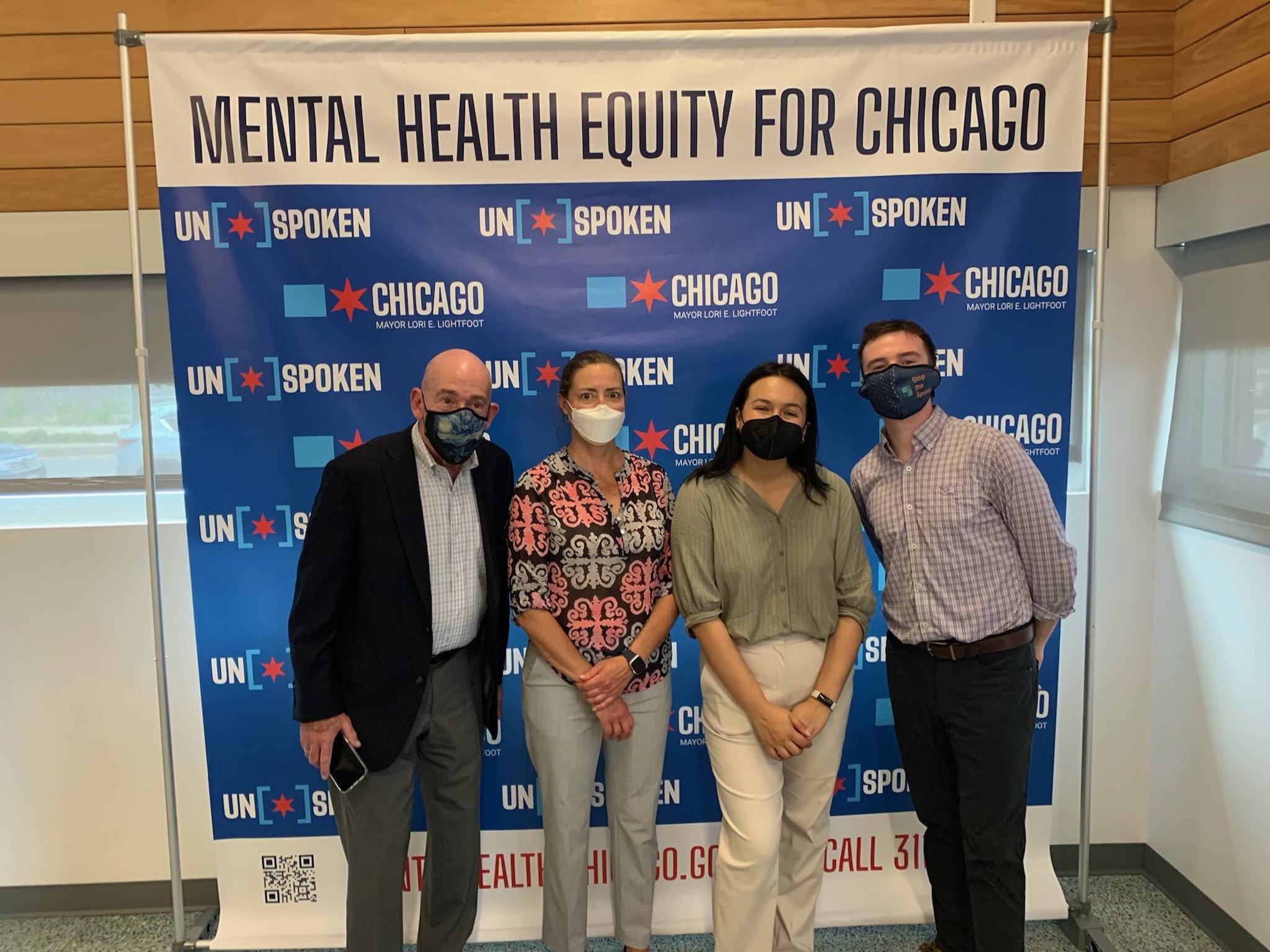Recovery Matters Every Month
September is National Recovery Month, a time to reflect on the tragic epidemic of opioid use facing Chicago and the nation. In fact, overdose deaths are at record highs: just last year, 107,000 people died in the United States from an opioid overdose, a 15 percent increase over 2020, making 2021 the deadliest year for overdoses ever recorded in the U.S. In Chicago, the number of people who die from opioid overdose each year surpasses the number who die from gunshots and traffic accidents combined.
The Chicago Department of Public Health (CDPH) has ramped up efforts to tackle the mental health and substance use crisis in our city over the last three years. In 2019, Mayor Lori Lightfoot announced her Framework for Mental Health Equity, creating a roadmap for the City’s behavioral health network. The COVID-19 pandemic demonstrated that access to health care – particularly mental health care – has never been more important. That’s why the City tripled their investment between 2019 and 2021 - the largest investment in mental health in Chicago’s history. In 2019, 3,651 Chicagoans were served through City mental health services - compared to the over 27,000 residents served in 2021. For the 2022 budget, the department plans to invest $86 million in mental health, a seven-fold increase since 2019.
In May, CDPH launched the Medicated Assisted Recovery Now (MAR NOW) program in partnership with the Illinois Department of Human Services Division of Substance Abuse and Prevention (IDHS SUPR) and Family Guidance Centers (FGC), which provides Chicagoans with Opioid Use Disorder access to a helpline to get connected to immediate care. JT was proud to help generate awareness of these life-saving medications and treatment options by coordinating the press event that launched the program, targeting media for additional stories, and engaging key City stakeholders to spread the word so residents knew where they could access immediate help. WGN showcased this program on their nightly news program, featuring clips from the news conference and an interview with a patient connected to care.
Since its launch, approximately 50 people have used the MAR NOW program and were successfully connected to care within 48 hours of calling the hotline. This month, the MAR NOW program went statewide, and we continue to look for new ways to bring opioid use prevention and treatment to the forefront of the mental health conversation.
Another harm reduction strategy CDPH is spearheading is the distribution of Narcan, a life-saving overdose medication that can reverse the effect of an accidental overdose. CDPH is working in partnership with Chicago Public Libraries, offering Narcan in 51 libraries across the city. In order to communicate the effectiveness of this medication, JT worked with local media to report on the program’s expansion, training sessions with the City and library staff, and how Chicagoans can access Narcan. The Chicago Tribune reported on the initiative, highlighting the nearly 300 library staffers trained in overdose prevention and the 800-plus Narcan kits already distributed to libraries.
Mental health awareness and substance abuse recovery is not limited to one or two months in the year. The conversation must continue every day, every month and every year. The JT team is honored to support CDPH in critical communications about a Chicago that prioritizes mental health and substance use recovery in every corner of our city every day.
MEDIA RELATIONS
We can help amplify your organization through earned media.



